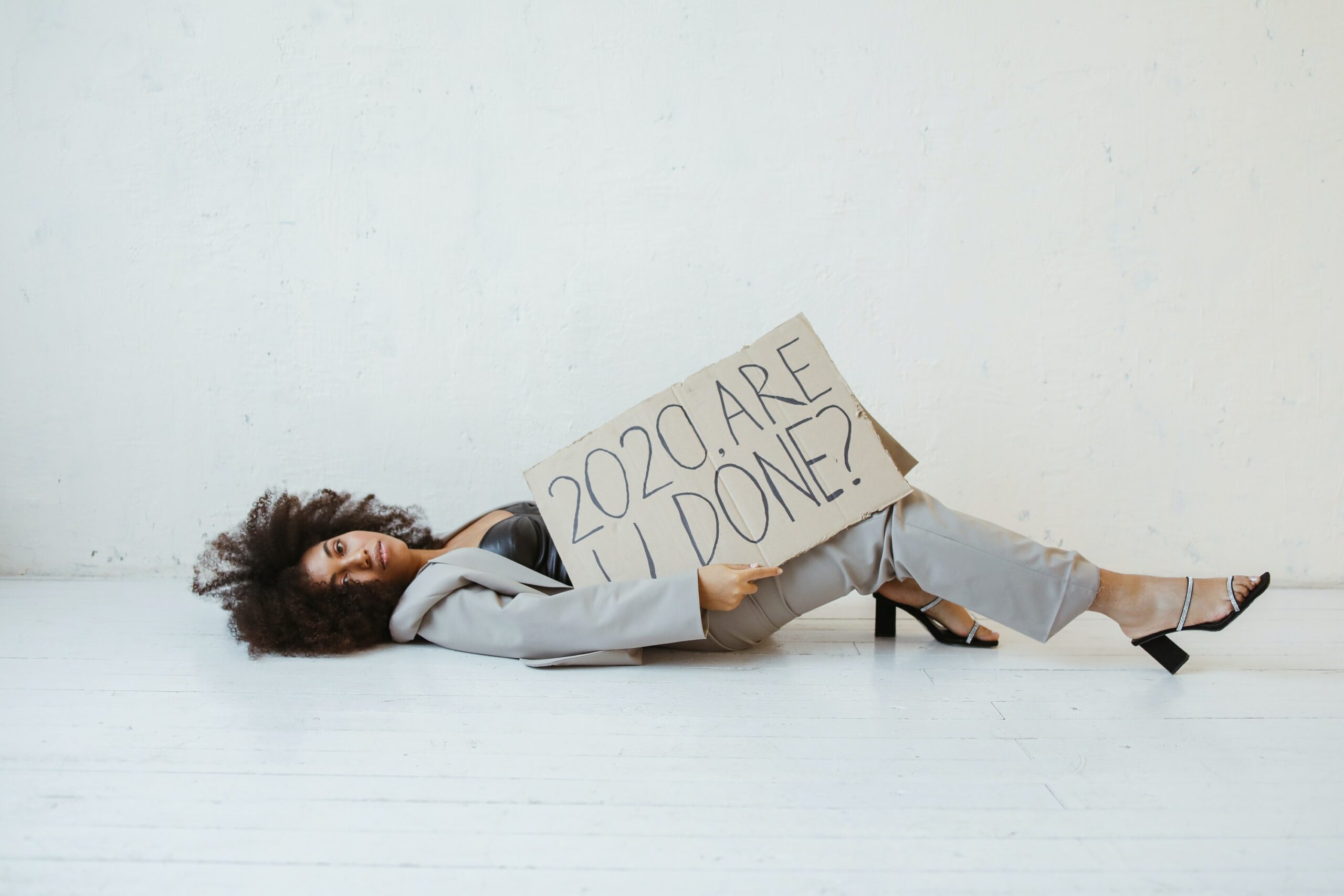It’s that time of year — when observers trained in PR and reputation weigh in on the brands and personalities who made news in good and bad ways during the year. But 2020 is different from previous years. Many stories that might otherwise have made news were overshadowed by two monsters — the COVID-19 pandemic and the U.S. presidential election. Each had legs, to put it mildly, and both knocked an untold number of things out of the virtual headlines. And each had a huge wave effect that spilled into new stories over the year. Here, then, is my list for the PR best and worst of 2020.
The PR Worst
Mike Bloomberg
New York’s three-term mayor soared in visibility – and popularity – when he entered the democratic presidential field in late 2019. Fueled by an advertising war chest that only a billionaire could amass, Bloomberg climbed quickly in the polls, only to fall to earth after a poor debate performance in February. Rivals criticized him in harsh and personal terms over his mayoral record and infamous “stop and frisk” policing policies. At the same time, accusations of disrespectful behavior to women he employed at his namesake company resurfaced. To add insult to injury, he reneged on a pledge to pay campaign staff through November of 2020 even after exiting the race. In reputation terms, it added up to a $900 million black eye.
Rudolph Giuliani
Maybe Bloomberg will take solace in the fact that his problems were nothing compared to those of another former New York City mayor. Giuliani’s image deterioration began years ago, when even allies noticed his odd behavior and thirst for media coverage at any cost. But this year was a doozy. The former 9/11 hero was in the news for all the wrong reasons – habitually butt-dialing reporters, being punked in humiliating fashion by Sacha Baron Cohen, and presiding over the infamous Four Seasons Landscaping press conference. But the most indelible image might be the one of the presser where a sweating and irrational Giuliani railed about a “rigged election” with hair dye running down his face. It was a sad comedown for America’s mayor.
Quibi
It’s almost like Quibi never really had a chance. The mobile streaming service’s biggest mistake wasn’t really in its PR presentation, but it may have been the victim of its own hype. On the plus side, it offered an A-list roster of talent and the pedigree of its founders. Yet Quibi’s timing was exquisitely bad; it was launched as “on-the-go” content in quick bites at the precise time when we weren’t going anywhere. It could have pivoted much more quickly. It waited until summer to enable device support beyond mobile, and in October it released apps for TV-streaming devices. It also hurt that Quibi viewers couldn’t even screenshot shows until late summer. That may seem silly, but meme creation and social sharing for shows could have been powerful, and it all came as too little, too late.
McKinsey
McKinsey has already weathered reputation hits due to its role in the opioid crisis, but the news got worse in 2020. The most chilling detail? The New York Times broke the news that the storied consulting firm suggested rebates be paid to pharmacy companies whose customers overdosed on OxyContin. McKinsey is clearly taking the situation seriously; it offered a rare apology for its efforts to “turbocharge” profits from OxyContin sales for Purdue Pharma, which has pleaded guilty to criminal charges related to its opioid marketing. For McKinsey, it’s the worst year yet and a sign that only a fresh start and clean executive slate will restore its reputation.
Brand America
The shambolic handling of the COVID pandemic, the nativist retrenchment from the world stage, and ongoing allegations of a rigged election haven’t exactly done America proud. If those headlines were about another country, we’d probably be shaking our heads. I’ll leave it to diplomacy experts to calculate the damage to U.S. “soft power” wrought by the demoralized and decimated state department, but there’s surely a loss of prestige for us abroad. It’s hard to be a role model for democracy, innovation, and efficiency with the track record we’ve earned in 2020. Let’s hope good old American inventiveness and business leadership will help us rebound in 2021.
The PR Best
Healthcare workers
Our frontline healthcare workers, among many others on the front lines of the COVID pandemic, are still under pressure as the virus spikes yet again. Yet 2020 has brought recognition for the thousands of overworked and undervalued staffers in our hospitals and healthcare facilities. The N95-marked faces of those who put themselves at risk to heal others is one of the most unforgettable images of the year.
America’s governors
The administration never seemed to have a clear strategy for managing COVID, and its communications was rife with mixed messages and a disastrous politicization of basic protective measures like use of face coverings. It was left to America’s governors to lead constituents through the crisis, and many proved up to the task. New York’s Governor Cuomo impressed with his clear and coherent daily briefings; as I wrote back in March, what seems like bluster and dogmatism on an ordinary day rises to resolute leadership when people are scared. Ohio’s Mike DeVine brought tough love and real talk to his management of the pandemic in Ohio. Many state leaders really met the moment.
TikTok
Remember when the kids were worried that TikTok would be banned in the U.S.? That didn’t happen, thanks to a convoluted transaction involving Oracle and Wal-Mart. In a strong use of proactive PR to change the narrative, TikTok GM for the U.S. Vanessa Pappas showed both savvy and PR smarts in her handling of the situation. First, she ignored her own “interim” title and stepped up as US communicator-in-chief, responding quickly to the proposed ban with a video message for TikTok fans as well as regulators. Pappas also called on competitors like Instagram to unite in opposing a download ban as a certain impediment to growth for all players. “We’re here for the long run; continue to share your voice here and let’s stand for TikTok,” she wrote. And while TikTok isn’t out of the woods, its popularity has skyrocketed and its position as a meme maker and platform of choice for the next 15 minutes at least is assured.
Zoom
Bottom line, Zoom was there for us when we needed it. There are better video conference services, and there are certainly more secure ones, but Zoom really delivered when it counted. It scaled rapidly to accommodate surge use, responded quickly to customer concerns, and emerged as the user-friendly leader in a previously commoditized category. Most importantly, its management conveyed concern and took responsibility in the face of technology failures and moved swiftly to correct them. That’s not easy. The human and accessible tone of the brand’s communications really helped millions of new work-from-home teams stay connected, to say nothing of schools and families. Well done.
Pfizer and Moderna
In PR, nothing succeeds like innovation, and first-movers get to claim credit for the long run. Both biopharmaceutical brands earned their status with extraordinary stories of innovation in 2020. Pfizer in particular gets plaudits for the skillful telling of the story of partner BioNTech, founded by the married scientists who are children of Turkish immigrants to Germany and who went on to create the groundbreaking mRNA vaccine against COVID-19. The Sahin-Tureci backstory was a stunning culmination to the race for a vaccine against the ravages of the virus and a real tonic for our weary and cynical souls.


